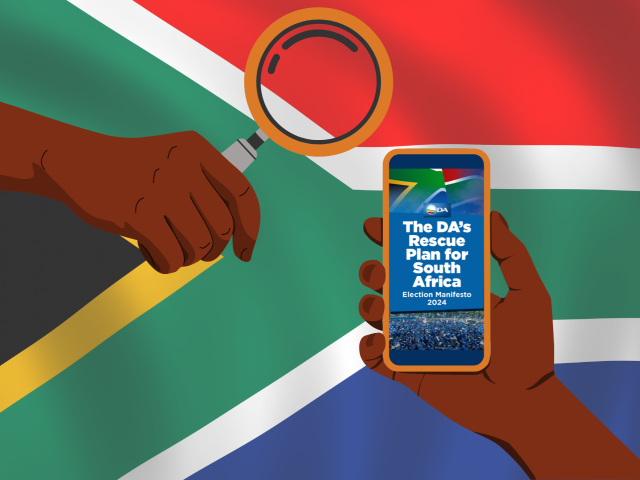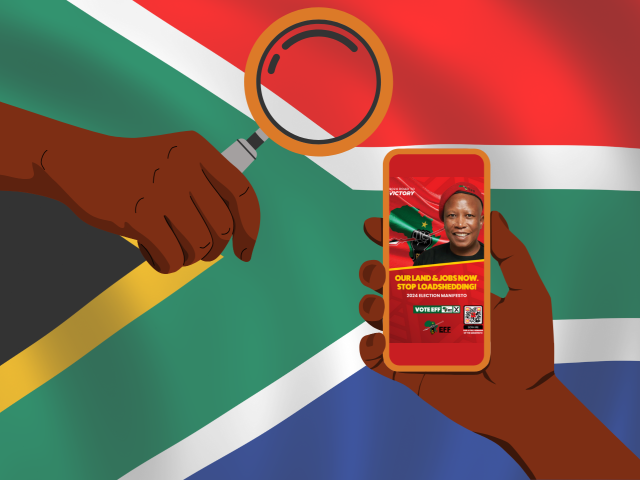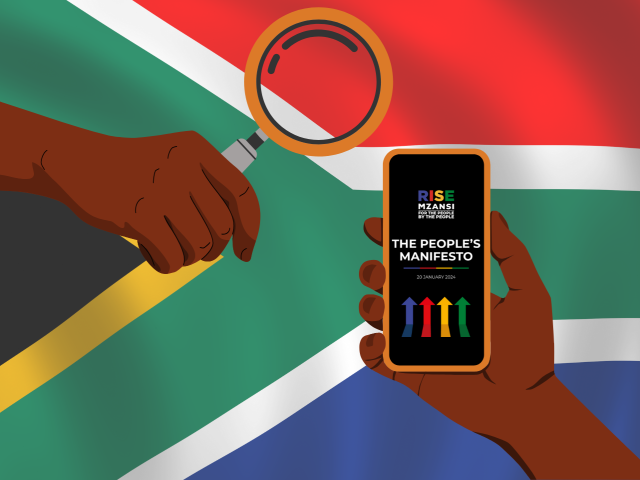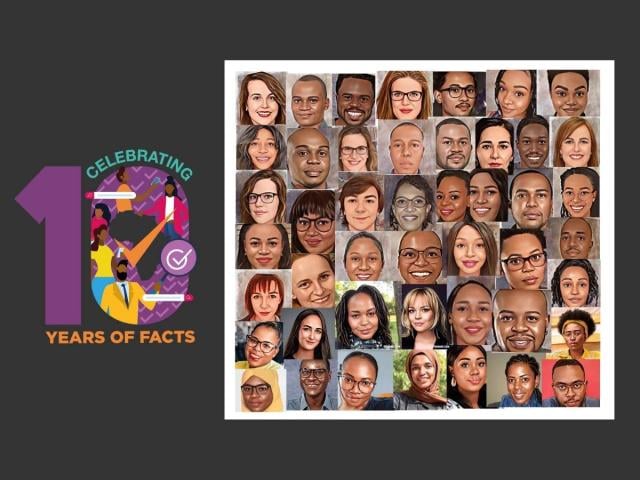A few weeks after our two-person team launched Africa Check in 2012, we received an unexpected question from a reader.
“How many countries are there in Africa?” Our reader had seen various numbers given by different bodies and wanted a definitive answer.
“How hard can the question be?” Ruth Becker, our first editor, and I thought. But as our report explained, the answer is more complicated than we imagined.
Let’s start with the definition of “a country”. And who decides? For a region to be called a country, is it good enough that it declares itself to be a country, that it controls its borders and has its own flag and currency? Somalia is a country, but is Somaliland? Is Western Sahara? Does a country require international recognition? If so, by whom?
The uncertainty is not, we soon realised, a problem unique to Africa. The number of countries on the continents of Europe and Asia is also a matter of debate. Kosovo has all the attributes of a country and many Western powers say it is one. But countries including Brazil, China, Russia and South Africa say not. What about Taiwan? Some say yes. Most say no.
You can see our 2012 answer here. Ten years after it was first published, it is still the site’s second-most read report.
When I first proposed the concept of Africa Check, many of my colleagues were sceptical. Setting up a fact-checking operation on the continent was a fool’s errand, I was told. Reliable data is hard to find. The answers to seemingly simple questions – about the number of countries, for example – are harder than we might imagine.
One so-called expert was dismissive of the very concept of “facts”. “There are no ‘facts’ in Africa”, he said.
My strategy, from the start, was to recruit skilled people to prove him, and other naysayers, wrong – first in South Africa, and then in Nigeria, Kenya and Senegal.
Left: 2013, when @AfricaCheck could fit round 1 small table@kateomega, @julianrademeyer, @SinthaCynthia
— Peter Cunliffe-Jones (@PCunliffeJones) June 21, 2019
Right:- last night, two long tables and for a photo we had to spill into the corridor. #AfricaCheckkeepsgrowing pic.twitter.com/MlKizhoOUc
A problem others didn’t think was real
For all of us, it was a learning curve. (We based our team at a university for a reason. The expertise of our team was and remains quite scary.) When reliable information was hard to find, we had to work out how best to check claims, triangulating evidence to come up with the best available answers.
This was long before the terms “fake news” and “fact-checking” were well known. The process was still uncertain. When our first full-time team – Julian Rademeyer, Kate Wilkinson and Sintha Chiumia – called politicians and officials they had to first explain what fact-checking was. Our reports were long and detailed. We had to establish credibility.
My role was to develop the case to fund an organisation seeking to counter a problem – misinformation (simply false information) and disinformation (false information spread with a purpose) – most people did not then see as real. I won early support from some prominent people, including former UN secretary general Kofi Annan and South Africa’s Anglican archbishop emeritus Desmond Tutu.
In time, it got easier. Whatever else the UK’s Brexit vote and the election of Donald Trump did, they woke the world up to the problem of “fake news”.
Every day, we had to learn. This wasn’t just learning the technical skills of geolocation and ways of identifying manipulated images. It was also learning how to get corrections from those who spread misinformation, how to do outreach, and how to train others.
From a network of two to 31 fact-checkers across Africa
We had to find a way to make the operation financially viable in the long term. In 2015, we set up our training and research unit TRi Facts, under my then colleague Nechama Brodie, to earn funds that would supplement our donor income. Today, Africa Check’s media literacy programme has expanded into work on school curricula.
Africa is not one country. After South Africa, we set up offices in Dakar (Senegal), Lagos (Nigeria) and Nairobi (Kenya). Our strategy was to develop a presence in the regions of southern, western and eastern Africa. We would then use this presence to promote and support others wanting to carry out independent fact-checking in their own countries.
In 2017, when we held the first meeting of African fact-checkers, just two organisations were operating on the continent. Today the Africa Facts network supports 31 organisations in more than a dozen countries.
Once Africa Check was set up, well financed and with a brand new eight-member board from across the continent, it was the right time for me to leave. I joined a team at the University of Westminster in London to research more about the field.
Fact-checking, I realised, is possible – in Africa as it is elsewhere. But like that seemingly simple question a reader asked in 2012, it is more complex than it seems. To do it right, calls for lifelong learning.






Add new comment